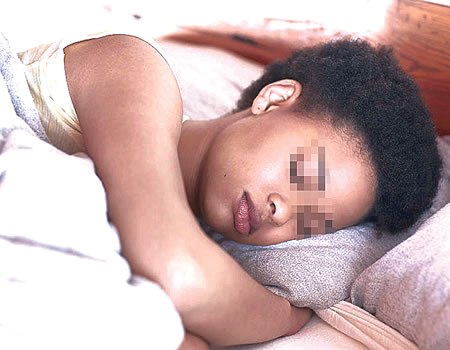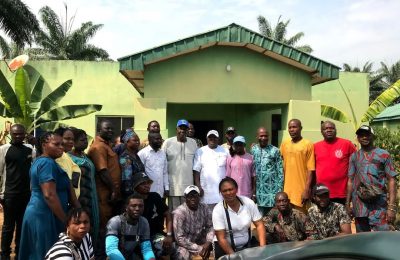

Want to get the maximum level of protection out of vaccines? Then make sure to get at least seven hours of sleep before and after getting a shot, a new study suggests.
Compared to people who slept at least seven hours, people who slept less than six hours in the days surrounding a vaccine shot generated significantly fewer antibodies, which are what recognize and kill viruses and bacteria in the body.

Because the effectiveness of many vaccines declines over time, the boost essentially makes the vaccine’s protection last longer – by up to two months, the researchers found.
“Good sleep not only amplifies but may also extend the duration of protection of the vaccine,” researcher Eve Van Cauter, PhD, professor emeritus at the University of Chicago, said in a statement.
The study, published Monday in Current Biology, reanalyzed past research on the connection between sleep and the effectiveness of vaccines for flu and hepatitis.
The researchers sought to understand the connection because of indications that people developed varying levels of immunity after receiving the same COVID-19 vaccines. Sleep studies specific to COVID vaccines are not yet available, so the researchers decided to evaluate existing studies and translate those findings to what’s known about COVID vaccines.
“How we stimulate the immune system is the same whether we’re using an mRNA vaccine for COVID-19 or an influenza, hepatitis, typhoid, or pneumococcal vaccine. It’s a prototypical antibody or vaccine response, and that’s why we believe we can generalize to COVID,” researcher Michael Irwin, MD, an expert from UCLA who specializes in the relationship between psychological processes, the nervous system, and immunity, told CNN.
When the researchers looked at vaccine response in different groups, the effects of sleep were greatest among men and in people ages 18 to 60 years old.
The researchers said more research on the effects in women is needed because variations in their hormone levels impact the immune system.
They also found that vaccine effectiveness was not as dramatically impacted by reduced sleep in people age 65 and older. The authors suggested that this is because older people already tend to sleep less than younger people.
The findings are important because they offer a way for people to modify their own behaviour to improve their health and immunity, Van Cauter said.
“When you see the variability in protection provided by the COVID-19 vaccines — people who have pre-existing conditions are less protected, men are less protected than women, and obese people are less protected than people who don’t have obesity,” she said. “Those are all factors that an individual person has no control over, but you can modify your sleep.”
READ ALSO FROM NIGERIAN TRIBUNE








